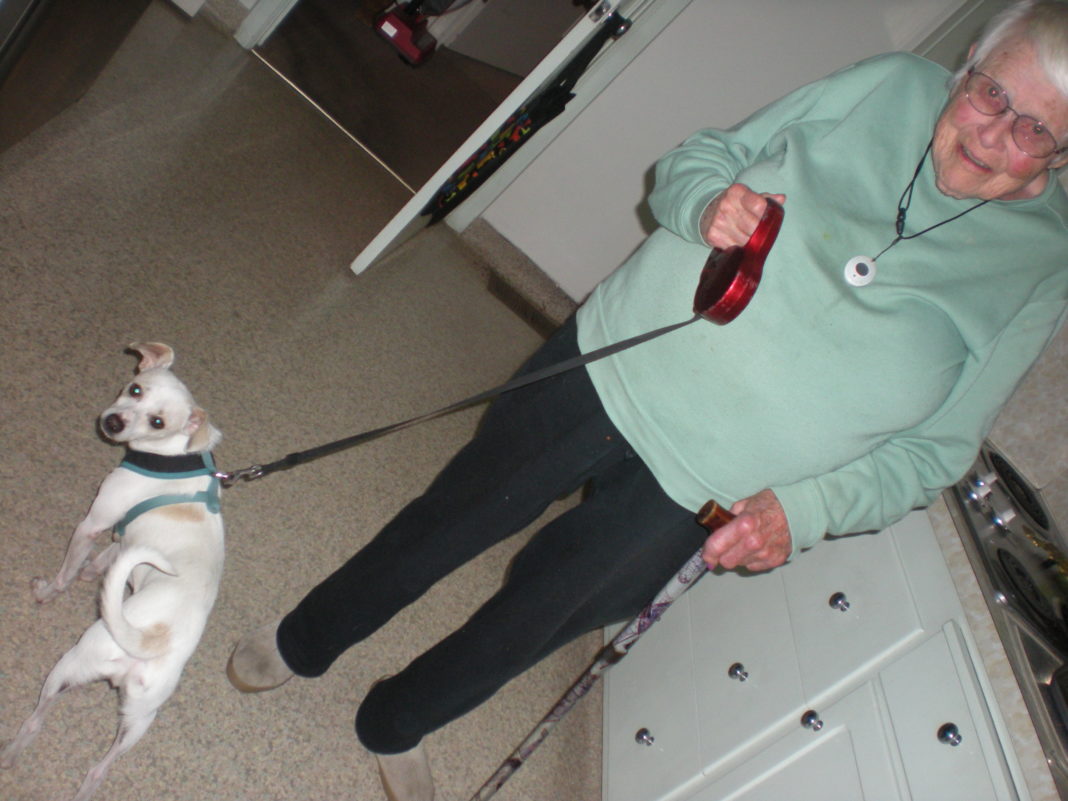UNITED STATES—Off Archer drove after being frisked and subjected to an elaborate sobriety test. The young sheriff told him that they had trouble here at the car lot, and then Archer saw a few pickups in the darkened yard beside the driveway where he had pulled off to sleep.
“Somebody had been using something like a can opener to open the tanks,” said the big bruiser sheriff. “The punks are too lazy to siphon gas these days. Destroys the cars.”
All this had to happen 15 minutes from mom’s house at the end of a 400-mile journey. Now he drove in for the final stretch. Mom was getting dotty; she had relinquished the nervous link that welds people to paying bills like the light or the telephone. She would wake up to a darkened house and not understand what happened.
She could chuckle it off now. “It’s much easier to go in and rest on my bed, than to pay bills.”
There would be someone else to clean up the mess as someone had cleaned up for him when he vomited in the car as a toddler, now as he cleaned up for Prancer, his dog, who threw up when they pulled off a freeway and braked to a stop. But Prancer’s vomit did not smell bad as a human’s, nor did his pee. Later Archer would assess the damage to the manuscript.
Mom was sure to get worse, and the waves of forgetting would wash away the memory. To live is to remember, then to forget is to die a little, and one day mom would look at him and say, “who are you?”
She was wide awake in the back bedroom when he keyed into the house.
“What time is is?”
“Ten o’clock.”
“You made good time.”
“I made good time.”
They talked that way out of necessity and habit. She might be failing, but there was a beartrap memory, and things half heard rolled around inside that capacious mind, and still could and would come back and be used against you.
She was alert and her eyes looked, bright, her cheeks rosy. She looked good.
“I’m tired.”
“Go in and rest,” she said. “You can have the front bedroom or Mary’s.”
His sister’s was the best. It wasn’t cold like a museum and there were neat books near the headboard. Prancer barked and wagged his tail, then jumped up on the bed by mom.
“I like having him around.”
He had brought the dog for mom, she liked him and said she would like to have a dog herself if it was good a dog as Prancer.
“Good night, Mom. Love.”
He kissed her cheek and went into his sister’s room. He was tired. He saw that the manuscript was soaked. He took it out to dry. He didn’t want to tell mom about the accident with the dog, he felt too bad about humanity as it was already.
He lay there in the middle bedroom. Something prickled in his consciousness, it gave him an awakening shiver. This was where his sister lay one night, and through the camelia leaves there entered a shot fired from a passing car.
All Archer’s corpuscles started stirring. The skin on his back sank down low on the mattress. He could get up and ascertain what window pane it had been. The newer glazing would belie the pane that shattered.
He didn’t get up though. He felt and illish, dizzy tingling that started in his spine and spread all over to his skin. There was no sign where the bullet had struck the wall, it missed the mirror and must have been patched and painted quickly, leaving no trace.
Years he had never looked at the thing that happened. He hadn’t been here. They didn’t know where he was then. Archer realized with a gasp:
“No wonder my sister doesn’t like this town.”
Graydon Miller is the author of “Later Bloomer: Tales from Darkest Hollywood,” available on Amazon.






